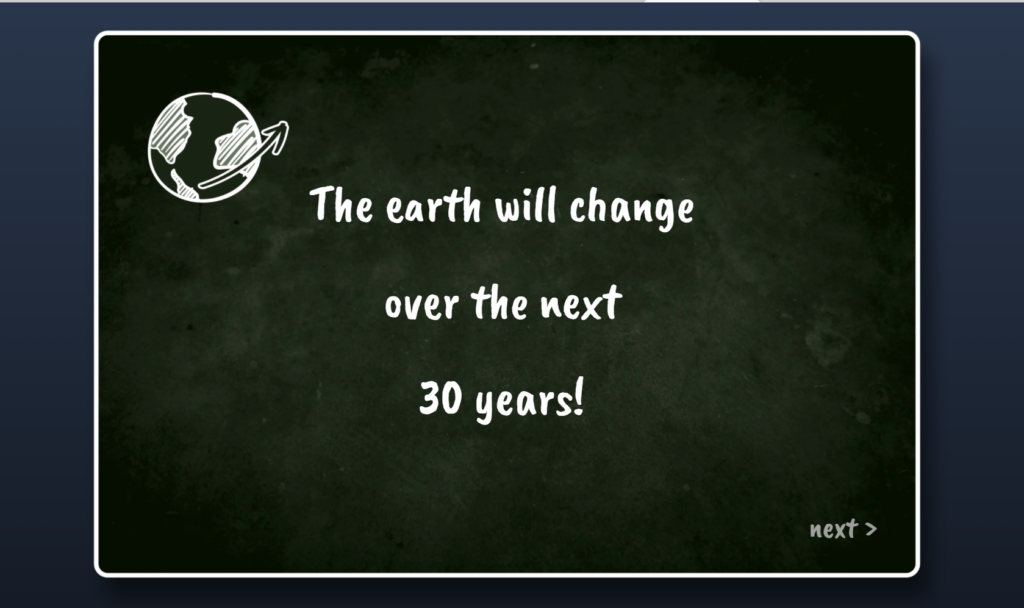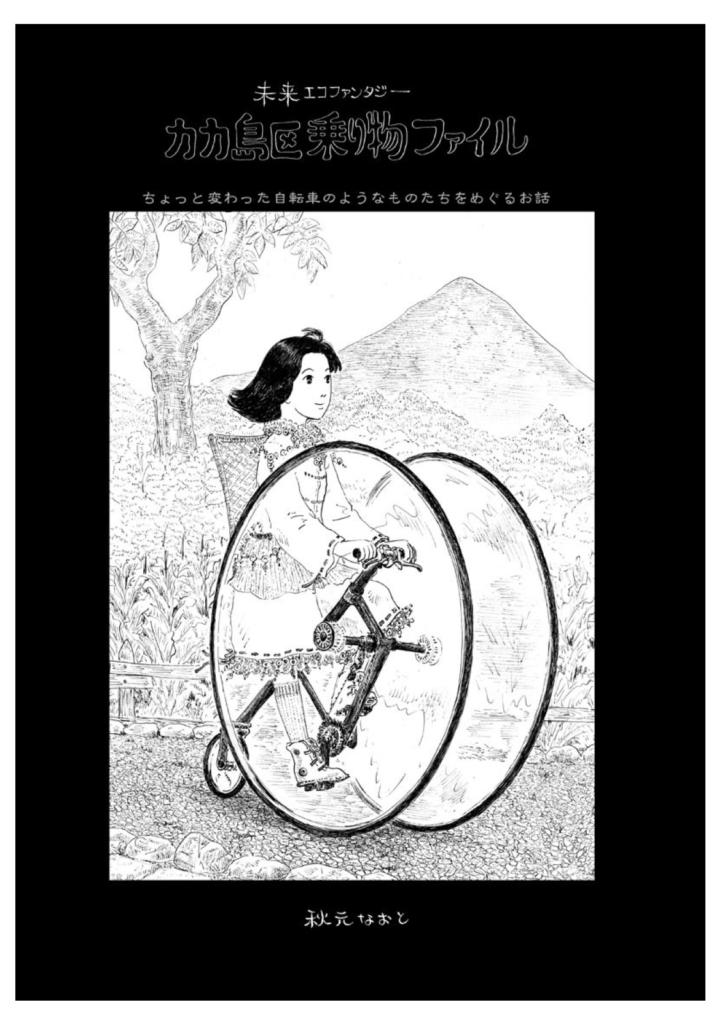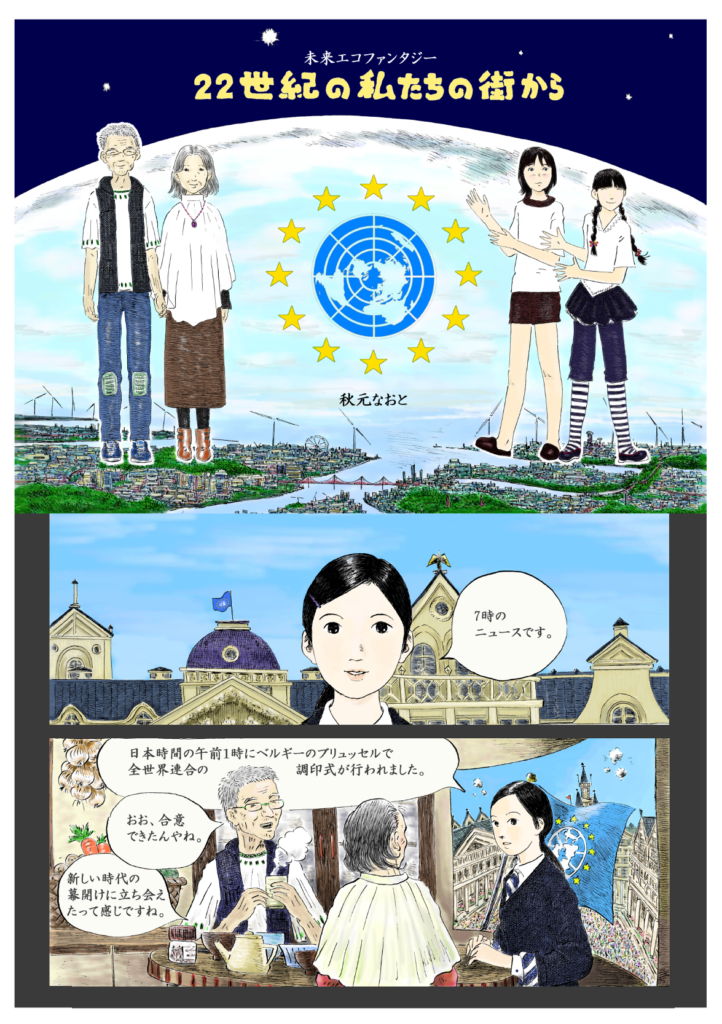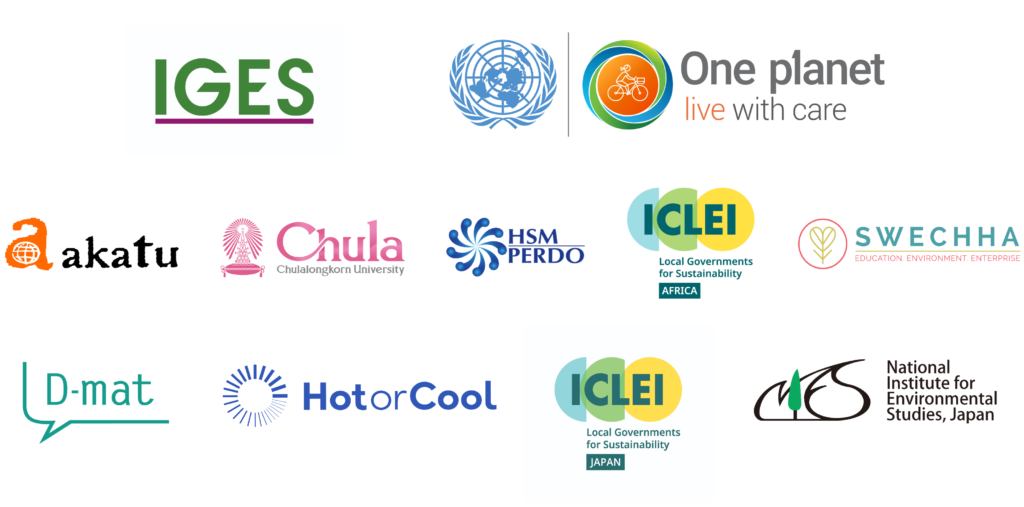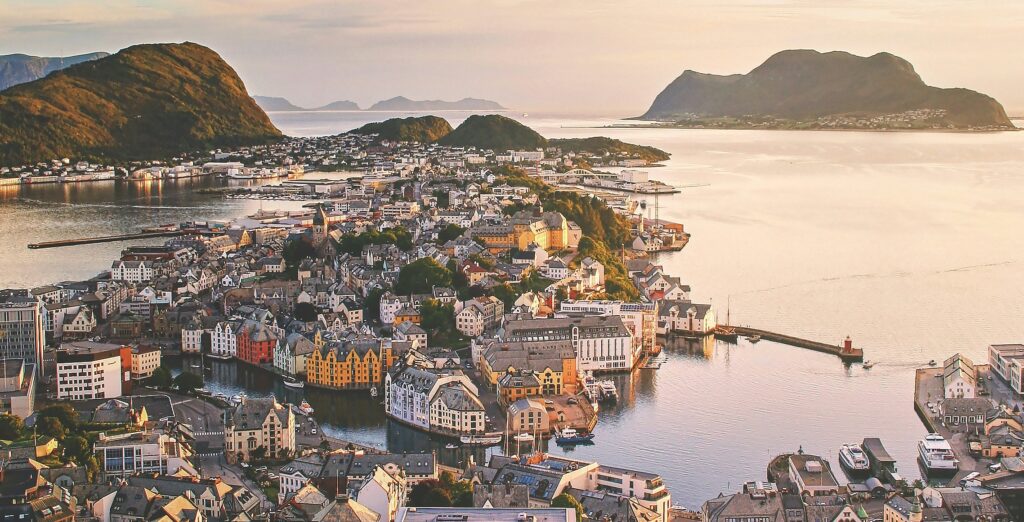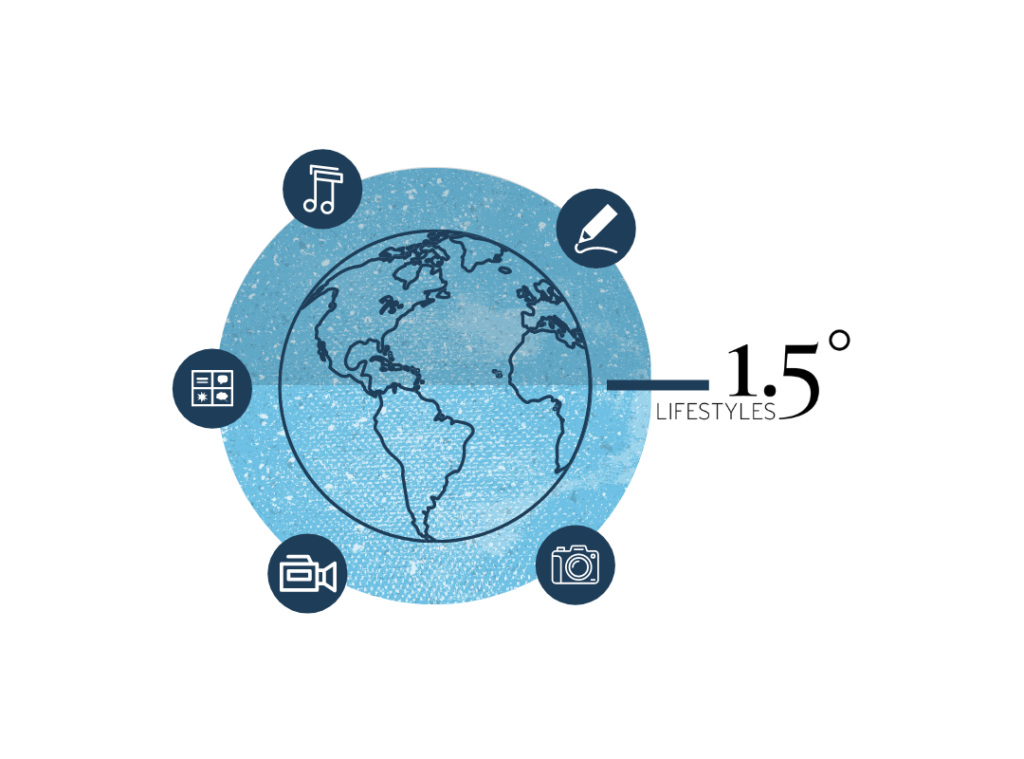
Envisioning Future Low-Carbon Lifestyles and Transitioning Instruments project works with households and citizens to:
- Develop co-created pathways to sustainability in countries across the world.
- Mainstream low-carbon lifestyle options by identifying country-specific low-carbon options and showing the impact of various options and contextualizing them within overall carbon footprints.
- Implement citizen workshops and household experiments to develop a participatory process whereby households develop and implement their own sustainability pathway
- Develop scenarios and policy recommendations drawing from experiences of households living with the low-carbon options
- Create a communication opportunity to further engage the general public across the world.
The latter includes the Future Lifestyles Multimedia Contest which was held earlier this year.
Cape Town
The vision for Cape Town in 2030 is one of an interconnected city where citizens can perform their everyday activities within a 15-minute radius; a city which embeds the natural environment with greenery and permaculture; a city where food options are sustainably sourced and affordable; a city with efficient recycling systems; a city which adopted sustainable technology solutions; a city which invests in locally sourced products.

The winning submission for the multimedia contest, Mzanzi Organics, is an organisation based in Cape Town that consults communities and individuals on how to grow food and food trees. The people behind the organisation see food security as a big factor to achieve sustainability and will use the micro-grant to train individuals in soil regeneration and permaculture to add value to an inclusive society that is resilient and capable of reducing its carbon footprint.
Kyoto
Traditional architecture and cityscape, cuisine, unique culture, and public transport network describes the vision of Kyoto in 2030. Reducing the average carbon footprint will happen by replacing car use with bicycle and public transportation; installing renewable energy supply; building zero energy houses; and reducing red meat consumption by 85%.
FEAST, a non-profit, research and consultancy project, has been awarded a micro-grant for their inspiring take on food with their art installation “School Lunch 2050”. In light of the Paris Agreement, the aim of the installation is to raise awareness and engage the public in discussions about the present food systems, possible futures, and food imaginaries. The School Lunch 2050 art installation has generated positive feedback and the creators want to expand the installation and create a mini-museum of the future that covers other 1.5-degree lifestyles domains.
Visit their interactive website and try it out!
New Delhi
The vision of a sustainable future New Delhi addresses several challenges that the city is facing, including the integration of environmental justice, sustainability and resilience within the current social, economic and political framework. Some of the challenges of today are: inefficiency of the public transport system; air and water pollution; waste management and segregation; inefficient management of green spaces and forest cover.
Mithun Mukherjee
Sunita Katyal
In the midst of dealing with the consequences of the global pandemic, citizens of New Delhi are taking action to change their lifestyles to the extent possible, and with the aspiration to become a green and sustainable city. Mithun Mukherjee and Sunita Katyal are doing so by both changing their own lifestyles and making effort to influence their communities. Though it is not only the responsibility of the individual to change habits, there are a few things that they find relatively easy to change in their lives to reduce their greenhouse gas (GHG) emissions.
Nonthaburi
Community engagement is seen as key when it comes to lowering the GHG emissions of local households and making low-carbon lifestyles part of the Nonthaburi future vision. Mobility and food mitigation options play a major role in the aim to reduce carbon emissions.
Ananyakorn Poolsilapa
For the contest, Ananyakorn Poolsilapa created an informative video about climate change and global warming and zooms in on her city, Nonthaburi. With the micro-grant she plans to further educate herself about low-carbon lifestyle options, both at local and global scale, and engage her community where she finds people are showing a positive attitude and willingness to get involved.
São Paulo
In São Paulo the participants were asked how easy or difficult the different lifestyle options are to adopt. Avoiding and reducing food waste, house sharing, turning off lights when not in use, switching to LED lighting, and reducing TV time are among the options that were seen as very easy to adopt. Avoiding excessive packaging, substituting meat with low carbon protein, and avoiding car use are among the option that were less easy to adopt. The more difficult options according to the participants are: reducing meat and dairy consumption, repair items instead of buying new, choosing a vegan/vegetarian diet and bicycle use.
Eco-Ru: for more sustainable menus
The first price went to Eco-Ru: for more sustainable menus – an initiative comprised of students and professionals from the University of São Paulo which focuses on food and services, and to promote healthier and more sustainable eating practices. In São Paolo, almost half of the city’s GHG emissions are related to food and services. The initiative aims to facilitate the process of making sustainable food choices to help reduce GHG emissions. This will be done by developing an index that estimates the environmental and nutritional impact of food preparations at zero cost for the city.
Verdes Marias
The second price was awarded to three influencers active under the social media handle @verdesmarias. When they noticed that sharing their experience of zero waste had influenced others to do the same, the three São Paulo women strive to use this position to inspire more people to consider more sustainable lifestyle options. As their platform is growing, they are more involved in creating videos, illustrations and photographs, and engaging with experts on the topics of sustainable lifestyles.
Olga Kovalenko
The third price was awarded to Olga Kovalenko who created an engaging video which touches on several concerns on the way we live today, asking whether we need all the things we consume, how we can reduce the use of unsustainable material and aspiring to build a city of the future that is greener and with less pollution.
Yokohama
The project participants envision Yokohama to continue its prominence of innovation, cultural diversity, beaches and hills, and with ample green spaces. Having one of the most inclusive transport strategies, the Yokohama citizens envision building upon this and find more alternative forms of public transport to reduce private car use. In addition, several PV urban farms and roof top solar PVs are installed, renewable energy is used, citizens make informed food choices and reduce red meat consumption, and urban parks will serve multiple functions, including vegetable and fruit gardens.
Since the 1990s, Naoto Akimoto have been creating manga with images of an ecological future. With the micro-grant Naoto thrives to expand and reach a broader audience in the hopes to contribute to the realization of 1.5-degree lifestyles.
We thank all contributors for sharing their inspiring work in our Future Lifestyles Multimedia Contest and we are looking forward to continuing the engagement with the contest participants to inspire more people to experiment with the ideas of 1.5-degree living.

